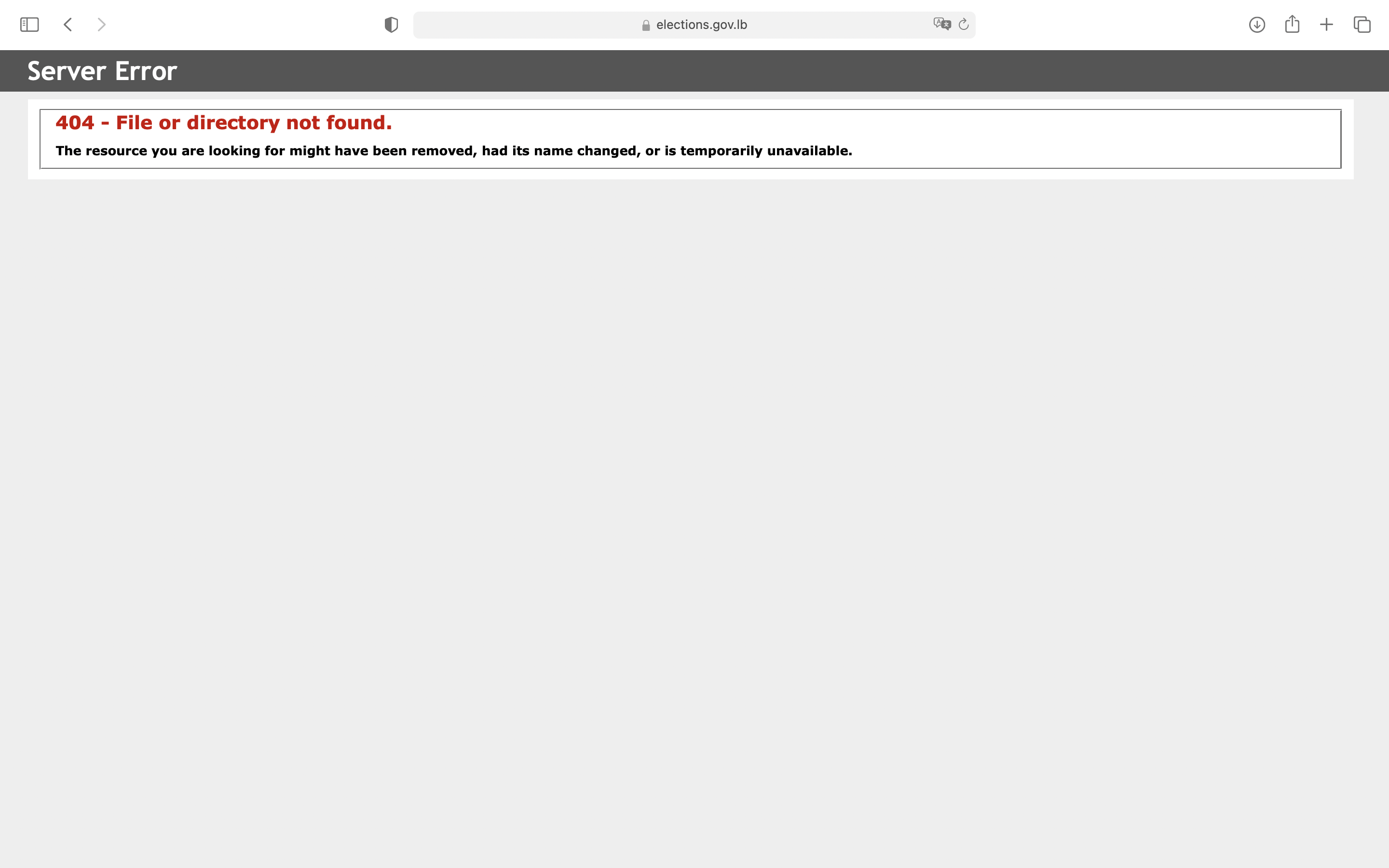Coordinator |
Volunteer Needed
Contributing Ambassadors |
Ghiya Bsat [Saida] + Mohamad Najib [Tripoli/Akkar] + Firas Al Hachem [Marjeyoun] + Sarah Ghotme [West Bekaa/Zahle] + Ali Zeinnadine [East Bekaa/Baalbek] + Jana Hdaifeh [Hasbaya] + Maria Aoun [Keserwan] + Anhal Kozhaya [Greater Beirut] + Francois Nour [Tyr]
Researchers |
Volunteer Needed
Author |
Ghia Bsat
The Social Contract is an online-driven project that gathers ambassadors from all Lebanese regions in order to pull out unconventional knowledge about their respective areas into a paper. The project is a booklet that comprises the data developed by discussions, research, socio-political significance, concerns and struggles, updated demographics, archives of district documents, testimonials, mapping of safe spaces, and more. Two of the drives of this working group is to achieve access to state information and bring forth a progressive and anti-sectarian regional rhetoric as an alternative to the segregating narrative of regionalism today.
Impact
Economic Growth, Sustainable Communities, Access to Knowledge, Innovation of Industry, and Social Inclusion.
Project Narrative
The lack of decentralized and detailed development-related data in Lebanon has hampered the efficiency of emergency and rehabilitation efforts over all the regions. Sectarianism and regionalism have been poisonous to the unification of Lebanon and accessibility to its places and corners [The New Humanitarian, 2006] . As Courbage also put it, “...the problem is related to a deep-seated political sensitivity in Lebanon, which blocks effective and detailed data gathering”. The information collected is shallowly studied and poorly coordinated; “although you can access, for instance, statistics on a given town or village via the municipality, there is no central mechanism to provide a global view of the different projects going on in Lebanon at any given time," [Bashour]. Our understanding of the contexts have become very limited. Open data platforms created by civil society are noteworthy as they signify a budding push toward open data in Lebanon; a proactive measure to promote transparency of the public sector, fight corruption, and improve policy making.
Development
Each contract determines a primary and secondary area of research, specified by latitude and longitude points, based on the capability and outreach of the respective citizen scientist. The newly invented geographical boundaries for research challenge the boundaries of districts given by the state which are the result of sectarian and demographic dominance. The research areas of interest include the listing and mapping of concerns and complaints from surveying the locals, personal anecdotes, struggles, testimonies, Do’s and Don’ts as non-conventional guidelines in the area, transparent archives of major non-state actors from the areas, mappings of landing venues for future meeting points [for progressive and politically unaffiliated individuals]: this is important because many areas are politically charged and unsafe for oppositions.
Future Prospects
The following project will help deconstruct the regionalism mentality and deliver informed citizen scientists to their respective communities that aim to develop impactful contextual projects based on the data compiled in their social contracts. Through decentralizing and expanding geographically, Studio Madane aims to promote district friendly discourses and counter sectarianism in all Lebanese districts. These kinds of efforts will revitalize youth activity in areas other than the capital and coastal cities.
